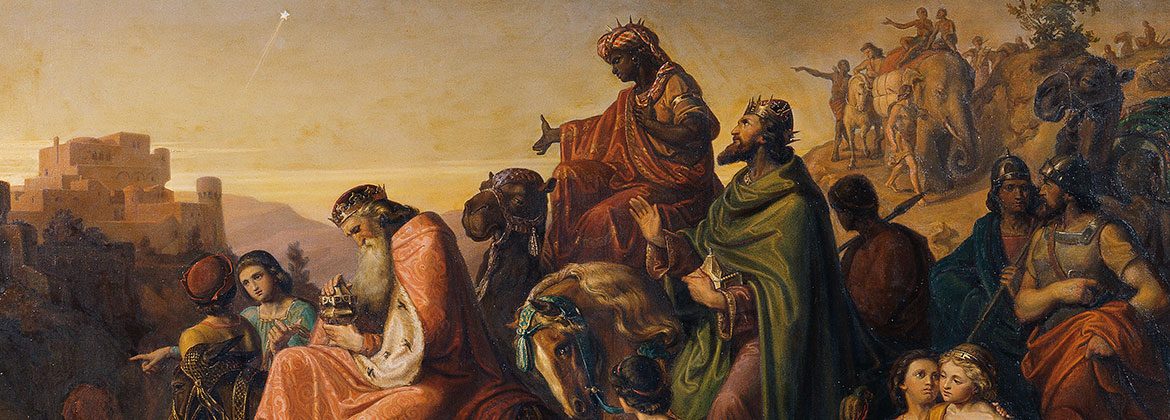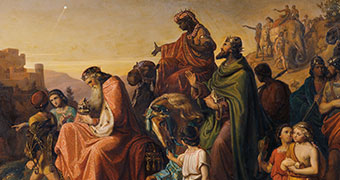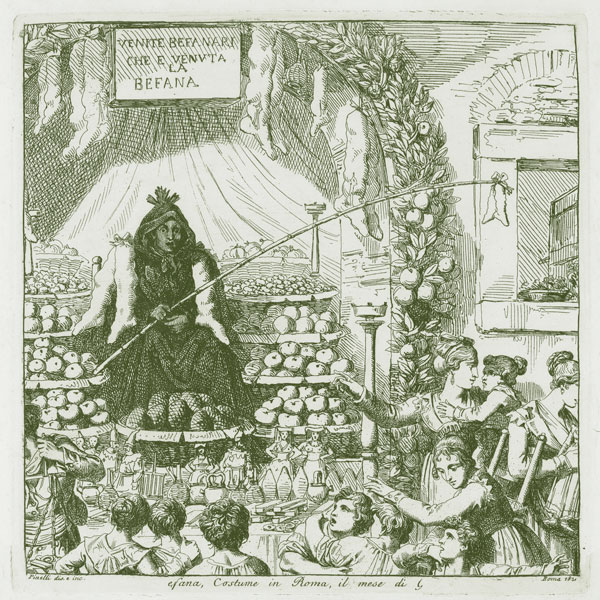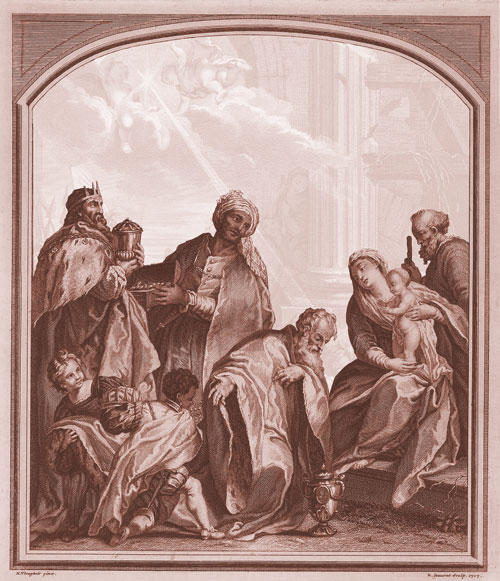Celebration Traditions
Celebration Traditions


As the days go by, dates succeed each other and traditional celebrations are rescued, one by one, year by year, keeping the mental universe, especially that of children, filled with good moments.
Many of these traditions, for sure, have their origin in a character-forming nature, as an extra effort by parents to sow good behavior in their children. Conduct, in fact, captured primarily by the constant example offered to the little ones.
However, for centuries, the human imagination has created mythical characters to punish children who may have exceeded themselves in mischief during the year. As examples of these “evil” beings, spread across different cultures, we have Befana, Krampus, Père Fouettard, whose menacing punishment aims to rescue the good behavior of children in the quest to secure their long-awaited presents, whether at Christmas time or on Three Kings Day.

Curiously, when we look at it from the point of view of the hemispheres, the festivities and their respective characters, distributed throughout the year, are based on the winter and summer solstices and the fall and spring equinoxes. Initially pagan celebrations, they were incorporated by the church to attract people to religion, increasing the number of believers.
The beauty contained in these ancient customs, besides the intention to educate, is in the act of giving, bringing joy to the one who receives. A custom that extends into adult life, offering happiness to the giver as well.
Many people, however, especially the European peoples, exchange gifts on Epiphany, January 6, aiming to follow the Wise Men who crossed heavens and lands to offer Baby Jesus the sublime gifts: incense, gold, and myrrh, whose symbolism impregnates reflections in humanity at every earthly cycle.
Something interesting to be elucidated is the belief that Befana, the witch who gives coal to children without manners, is the basis of the word epiphany. But this is more of an oral transmission that seeks simple explanations for the children’s audience. The term, in fact, originated from the Greek word epiphanéia, which, when translated, gives the literal idea of apparition or manifestation, consistent with the search for the well-known magic kings.
Some other practices, which have been around the world for centuries, rely on the sharing of good flavors in the search for prosperity. These are the Galettes des rois (a Garland shape bread with a gift inside that has been enjoyed since medieval Rome), the French Bolo de Reis (containing a gift to be found by a future lucky one), or the old Portuguese custom of sharing and eating pomegranates with the family, whose seeds are put in the wallet to “ensure good fortune.”

Consciously, or not so much, man follows customs in his search for happiness.
The festive traditions of the period in which we live – between Christmas and Three Kings’ Day – place in the hearts of societies, from the most innocent little ones, the pure idea of sowing good and joy, placing “drop by drop” and life beyond the Christian ideal of love for our neighbor.
In fact, these are transcendent dates that contribute to the unveiling of the mind, remembering an important dictate to those who so desire: by learning to receive, we can polish ourselves and, above all, learn to give.









